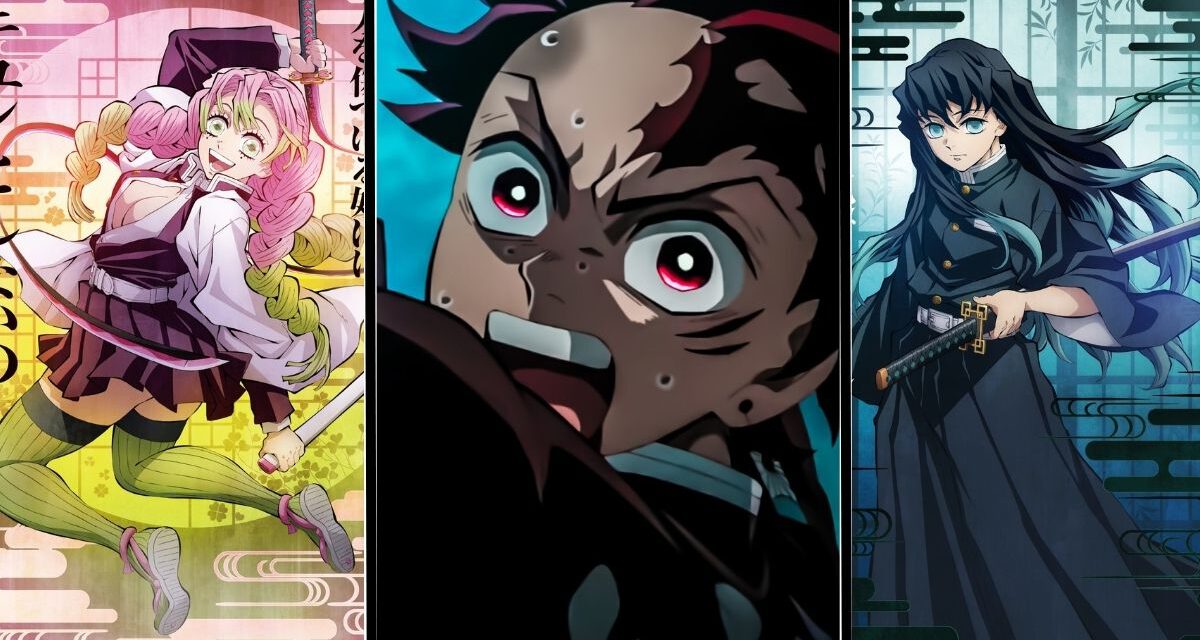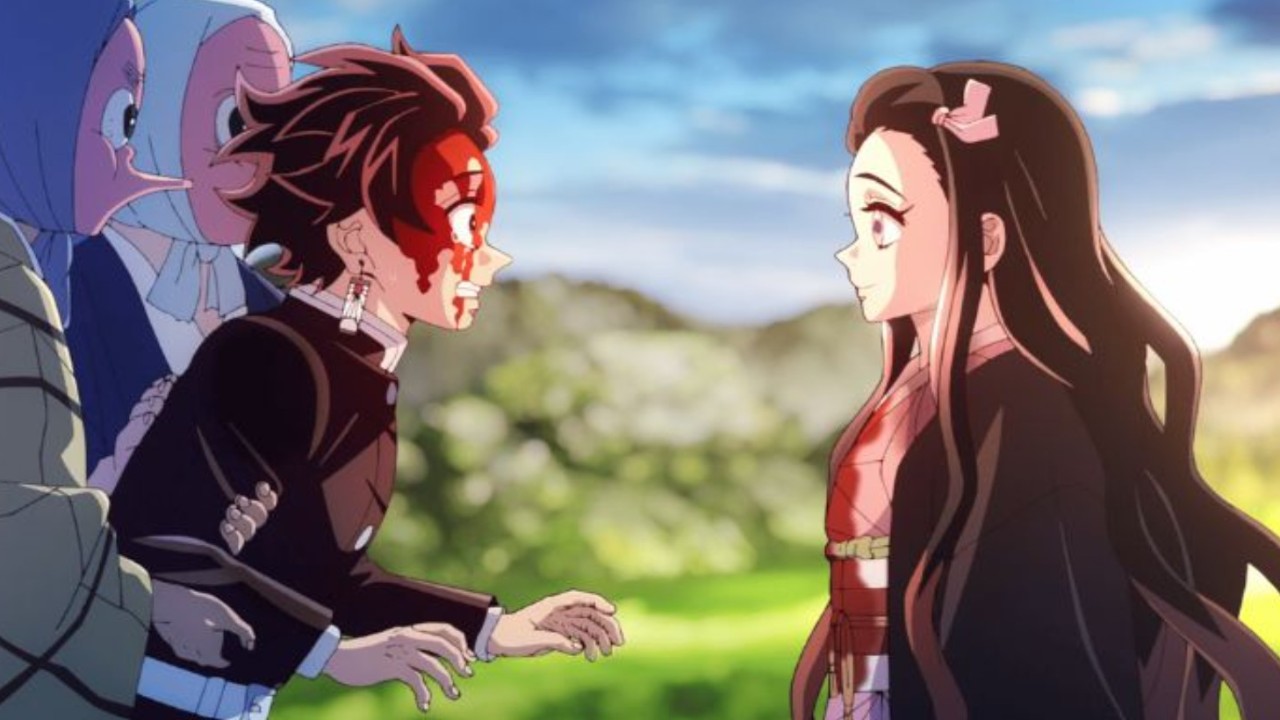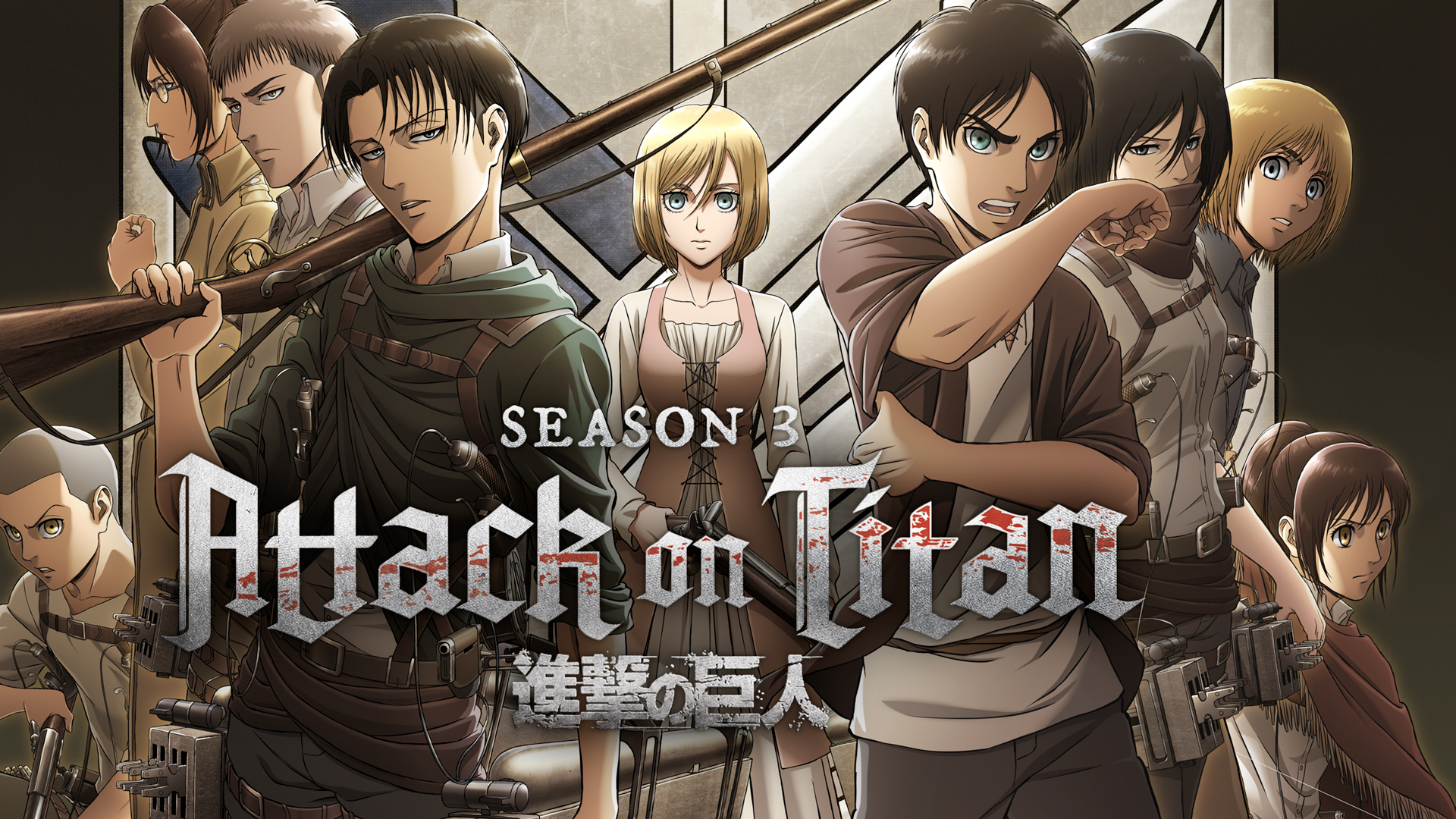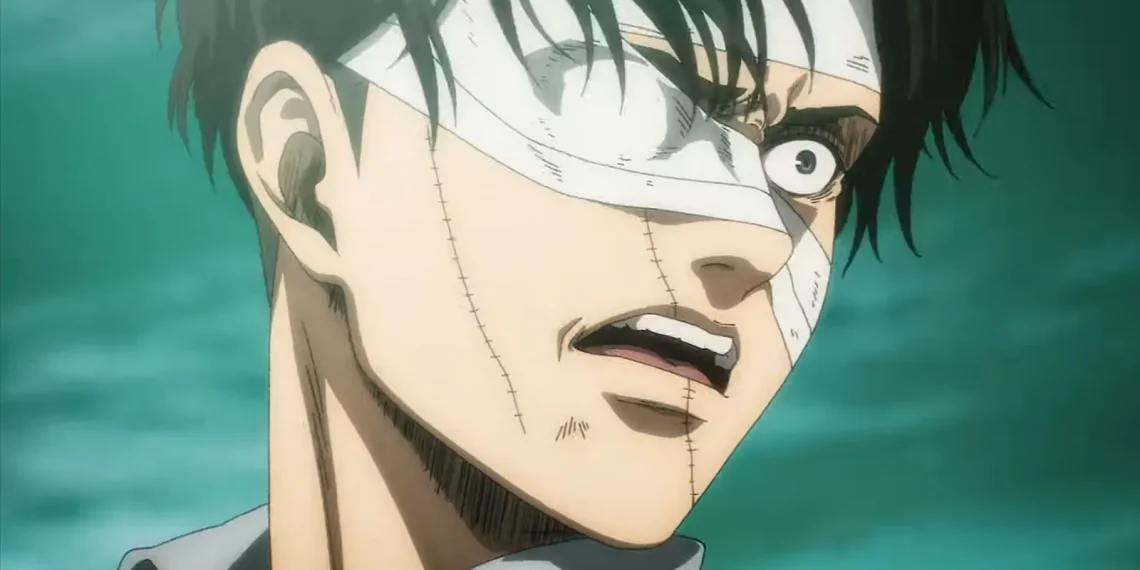A recent clash between fans of Demon Slayer and Attack on Titan has erupted online, sparked by a seemingly innocent poll aimed at ranking the artwork of various manga series.
What began as a Twitter poll to assess the visual appeal of different manga quickly escalated into a heated debate, with supporters from each camp passionately defending the artistic superiority of their beloved series.
The controversy ignited when a user named @tryhardy05 posed a thought-provoking question to their followers, asking which manga series boasted the most visually stunning artwork.

Demon Slayer vs. Attack on Titan Art Debate
Unexpectedly, the results of the poll placed Demon Slayer and Tokyo Revengers lower in ranking, while Attack on Titan received widespread acclaim for its meticulously crafted illustrations.
Demon Slayer fans were quick to voice their disagreement with Attack on Titan supporters, arguing against what they saw as unfair evaluation criteria. They firmly believe that Demon Slayer’s visual artistry surpasses even the acclaimed work of Attack on Titan’s creator, Hajime Isayama.

Fans of Demon Slayer passionately defended its artistic merit across various social media platforms. They praised the show’s detailed character designs, stunning natural scenery, and smoothly animated action sequences, which they see as defining traits setting Demon Slayer apart from other series. The fandom’s enthusiastic response underscores the powerful connection viewers feel with the richly crafted world.
On the other hand, the Attack on Titan fanbase staunchly defends the intricate details, dynamic panel layouts, and emotional depth within Isayama’s illustrations.
AOT has the worst manga art In all mangas💀💀💀💀💀
Kny and TR have 10 times better art than that> https://t.co/VXDtBpBoMr pic.twitter.com/8Ei9mEvCtV
— 𝕂𝕟𝕪 |🎐 (@Ryoinomaram) April 27, 2024
The disagreement has escalated rapidly, with each group firmly holding onto their views. Claims of superiority, exclusion, and bias have been exchanged, fueling discord between the fandoms.
This spirited discussion highlights the subjective nature of artistic appreciation. While some prioritize technical excellence, others value emotional resonance. Ultimately, both series showcases exceptional artistry, igniting passionate discussions among fans worldwide.

As this contentious dialogue persists, resolving differences or sustaining clashing fandom loyalties remains uncertain. Ultimately, this conflict’s resolution may illuminate more about fan culture dynamics than the artistic merits provoking the debate.


















